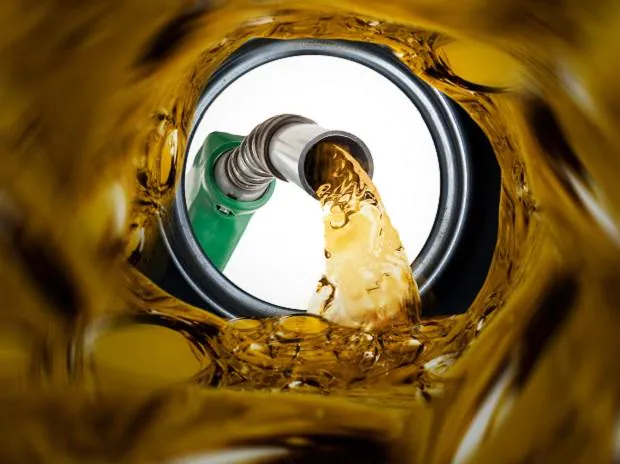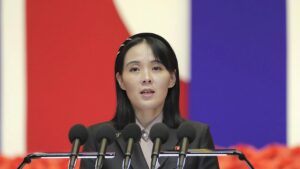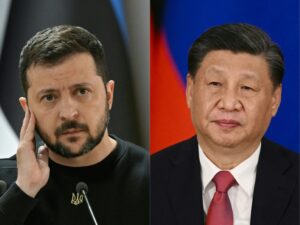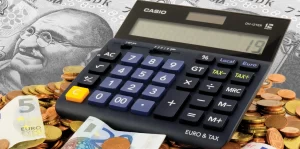
Pakistan steeply hikes fuel prices to secure IMF funding
The Pakistani government has raised fuel prices by up to 29 percent, eliminating fuel subsidies in an effort to cut fiscal deficits and get critical support from the IMF for the economy that lacks money.
This is the third cut in fuel subsidies by the government led by Prime Minister Shehbaz Sharif in about 20 days.
The new prices began to take effect starting Wednesday at midnight and showed a large increase in RS 24 per liter price of gasoline and RS 59.16 per liter of high-speed diesel (HSD)-two products used by
The latest increase came above the increase in hospital 60 in petroleum prices since May 25. The price of new gasoline has been set at RS 233.89 per liter, HSD in RS 263.31 per liter and kerosene oil in RS 211.47 per liter.
He said the price of all products has now been brought to their purchase price and the element of differential subsidies or prices has been eliminated. “There is no more government loss for the sale of petroleum products,” he said, hoping to conclude an agreement with international monetary funds to revive loan support.
Prime Minister Sharif on Thursday defended unpopular steps, said that the government “no choice” because “those who crashed the worst who had dealt with the IMF.
Minister of Finance Ismail also blamed the previous Imran Khan government for making a wrong agreement with the IMF who had binded the incumbent’s hand and forced him to increase oil prices to place the economy on the right track.
If we do not increase oil prices, the country can face default,” he said, acknowledged that the middle class would suffer an increase in gasoline prices.
After a new price, the government finally removed all subsidies given to petroleum which is the main request by the IMF to return the 6 billion USD aid package signed in 2019. However, the IMF is not happy with several other steps announced in the budget on that date 10 June, including one about providing tax relief to people who are paid.
The Dawn newspaper, quoting an official source, reported that the government had decided, in principle, to reverse the drastic tax relief given to the paid class.







